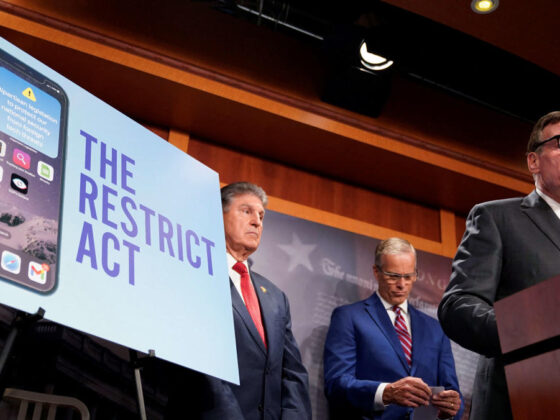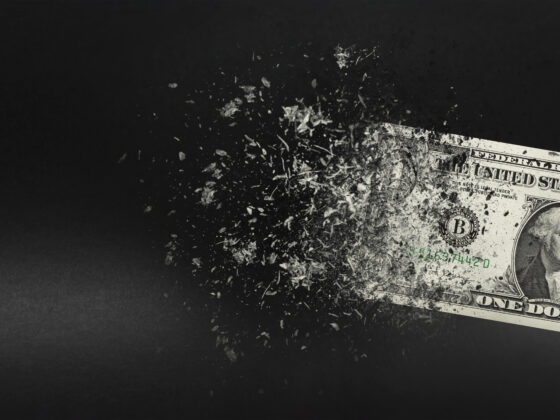Iranian women who resist the hijab law face the brutal prospect of frozen bank accounts, drawing chilling parallels to the repressive tactics of Canadian PM Justin Trudeau against protestors.
Iran is intensifying its efforts to enforce strict dress codes for women by instituting a new law that fines women 2.5 billion rials ($60,000) for flouting hijab rules. Last month, Iran’s judiciary chief reiterated that “removing one’s hijab is equivalent to showing enmity to the Islamic Republic.”
This is all part of the Islamic Republic’s adherence to the Sharia, as it ramps up efforts even further to counter protests. The Quranic verses that govern women’s attire, Quran 24:31 and 33:59, have been used to justify these oppressive laws.
There have been protests in Iran against the hijab law since September after the death of Mahsa Amini’s death in police custody after being arrested for not wearing a hijab led to nationwide protests in Iran.
See the following video of the protests after Amini’s death:
This incident further intensified the ongoing tension between the Islamic government and religious leaders who support the compulsory dress code and those who oppose it. In response to the protests, women have been appearing in public without hijabs, and some have even burned hijabs. Despite the risks of arrest for defying the obligatory dress code, many women in Iran continue to be seen unveiled in public places.
Sharia video surveillance
Islamic Iranian officials are installing cameras in public places to identify women not wearing hijab or not wearing it correctly
While Brave Iranian women protest the sharia Hijab, western liberals pretend Hijab is the new symbol of freedom & fashion
Anyone fleeing an Islamic… pic.twitter.com/zFUpkixDMj
— Amy Mek (@AmyMek) April 10, 2023
To combat the women who will not submit to the Iranian government’s Islamic dress code, officials installed cameras in public places to identify and penalize unveiled women. A member of the Cultural Commission of the Islamic Consultative Assembly, Hossein Jalali, told the media that the government was planning to punish women who refuse to wear hijabs in public by freezing their bank accounts. The government’s plans are mirroring a technique used by Canada’s Globalist Prime Minister Justin Trudeau to suppress civil liberties protesters.
Jalali said that “unveiled persons” would get a text message telling them to respect the law, then enter a “warning phase” and eventually have their bank accounts frozen. “In the third stage, the bank account of the unveiled person may be frozen,” Jalali said. He did not explain what he meant by “warning stage.” But he hinted that morality police would not be involved. Other public figures said surveillance cameras equipped with artificial intelligence would be used to identify offenders.
The threat of freezing bank accounts is the same as what happened in Canada after Trudeau’s government invoked the Emergencies Act to quash the Freedom Convoy protests. Many of those who participated in or supported the protests had their bank accounts frozen.
The threat of having bank accounts frozen to comply with the law highlights the risks of Central Bank Digital Currency (CBDC). In Nigeria, for example, the government limited ATM withdrawals of more than $45.00 to force people to use the unpopular CBDC.
Iran’s enforcement of strict dress codes for women and the threat of freezing bank accounts for non-compliance is a blatant violation of civil liberties. It is important to ensure that such draconian measures are not implemented in other countries, especially with the increasing use of digital currencies. The international community must speak out against such violations and pressure governments to respect human rights.














